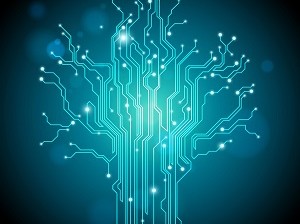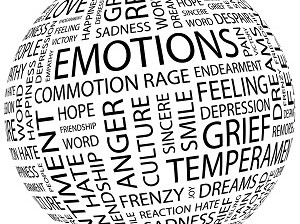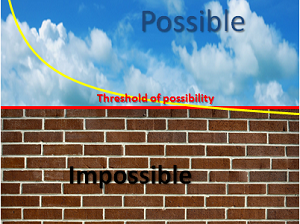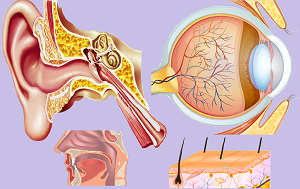Category Archives: Knowledge
28 Mar Is Everything Black or White?

We have exercised our abstract ideas about that which is too big and chaotic for us to understand (everything), let’s take a glimpse at that which is so small and chaotic that we may never really figure it out: the workings of the mind. In the next few posts, we will examine different forms of logical […]
27 Mar Cognition and Emotion

I’m conflicted. I suspect you are too. “Since the time of the ancient Greeks, humans have found it compelling to segregate reason from passion, thinking from feeling, cognition from emotion. These contrasting aspects… have in fact often been viewed as waging an inner battle for control of the human psyche” (LeDoux, 1996, p. 24). In earlier […]
26 Mar Bayes and Search Theory

What began as a study of belief has turned into a strategy for solving very complex problems. Thomas Bayes (/ˈbeɪz/; 1701–1761) proposed a model in which adding evidence of different types, or from different sources, to a problem will change the calculated probabilities for the outcomes of the “reasoning” process. We’ve forgotten what he looked like, […]
25 Mar Generalization and Inference

What do you do when you encounter something completely new, such as a new flavor. Can you identify that it is a flavor and that it resembles some flavors you’ve encountered before? If you knew about bridges from experience, but had never seen a drawbridge, or a lift bridge or a covered bridge, would you be able […]
22 Mar Common Sense and Thresholds

Finding Thresholds Threshold conditions are boundaries between states, and they exist everywhere, affecting everything. From a computational perspective, thresholds are a valuable tool for limiting the problem space to within manageable limits. In other words, knowing where the edges are can help us computationally color inside the lines. How could we determine a threshold? Observing, […]
19 Mar At the Edge of Possibility

Does the universe of probability have boundaries? Are there physical laws that control all phenomena, or is there a mystical, capricious random power out there that is not subject to the laws of physics? Is anything impossible? Physical laws are responsible for thresholds. Let us presume, for a moment, that probability is subject to one overriding […]
19 Mar Fuzzy Logic Section Intro

Why do we find Mr. Spock, Commander Data or C3P0 so lovable? We have all known people like them: they are the ones who see the world in black and white. Spock had an excuse – he was a Vulcan who knew a lot. Computers, on the other hand, can be downright exasperating when they get […]
18 Mar Monkeys with Typewriters at the Threshold

Monkeys and Machines What’s wrong with the random Hamlet? When is the last time you’ve seen monkeys with typewriters? First of all, we must ask if there is anything that is perfectly random. If there is, and it is not influenced by any physical law, then the asymptotic theory of random probability is valid, and […]






